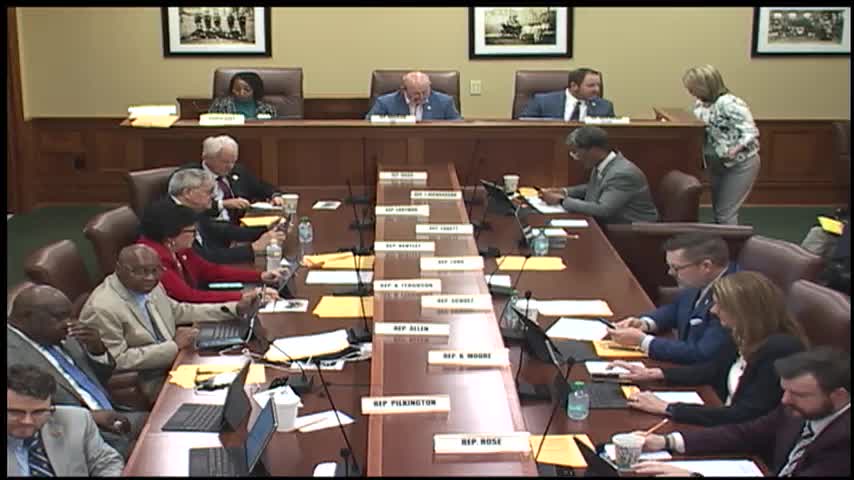Article not found
This article is no longer available. But don't worry—we've gathered other articles that discuss the same topic.
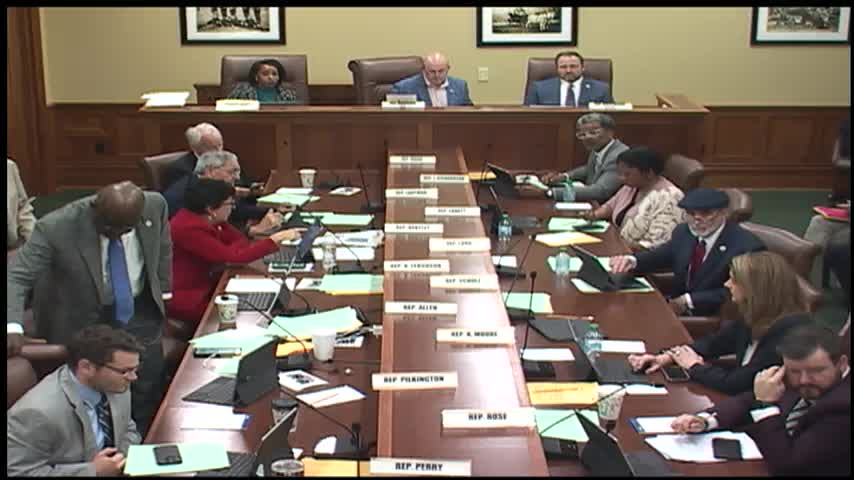
Committee approves bill restricting certain foreign genomic procurement and addressing organ-transplant sourcing
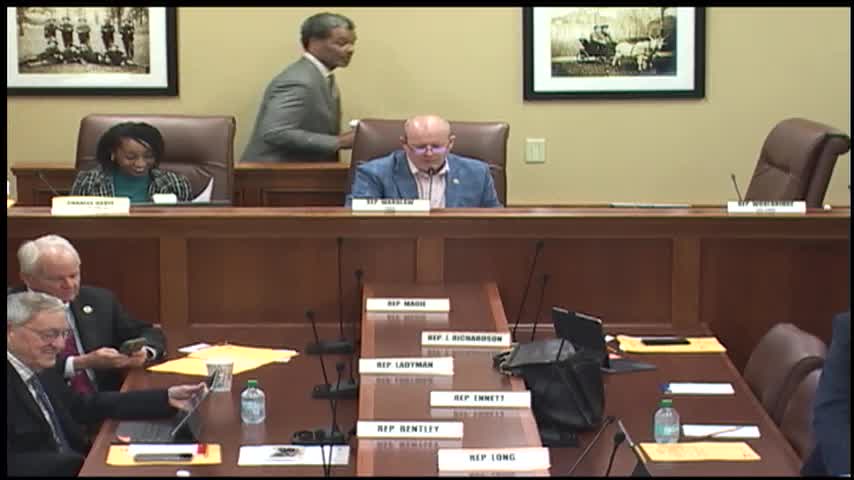
Votes at a glance: committee action on several public-health and licensing bills
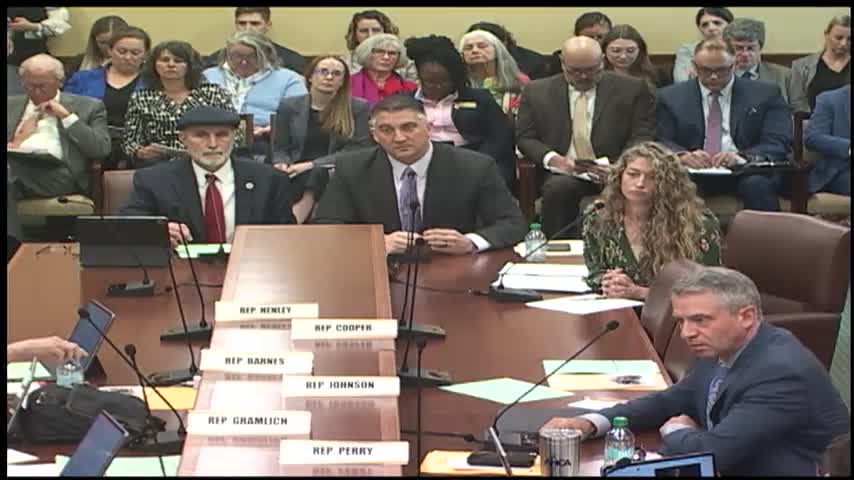
Committee votes to keep kratom illegal in Arkansas
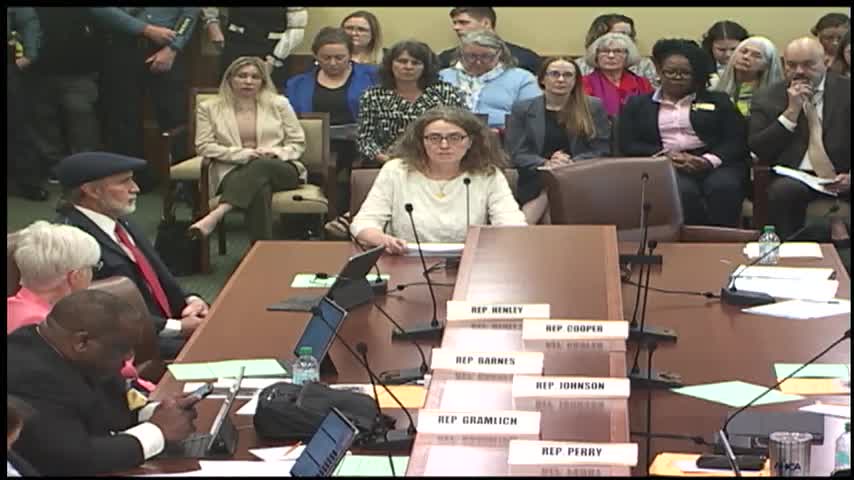
Committee declines to extend Medicaid ABA coverage to adults with autism
